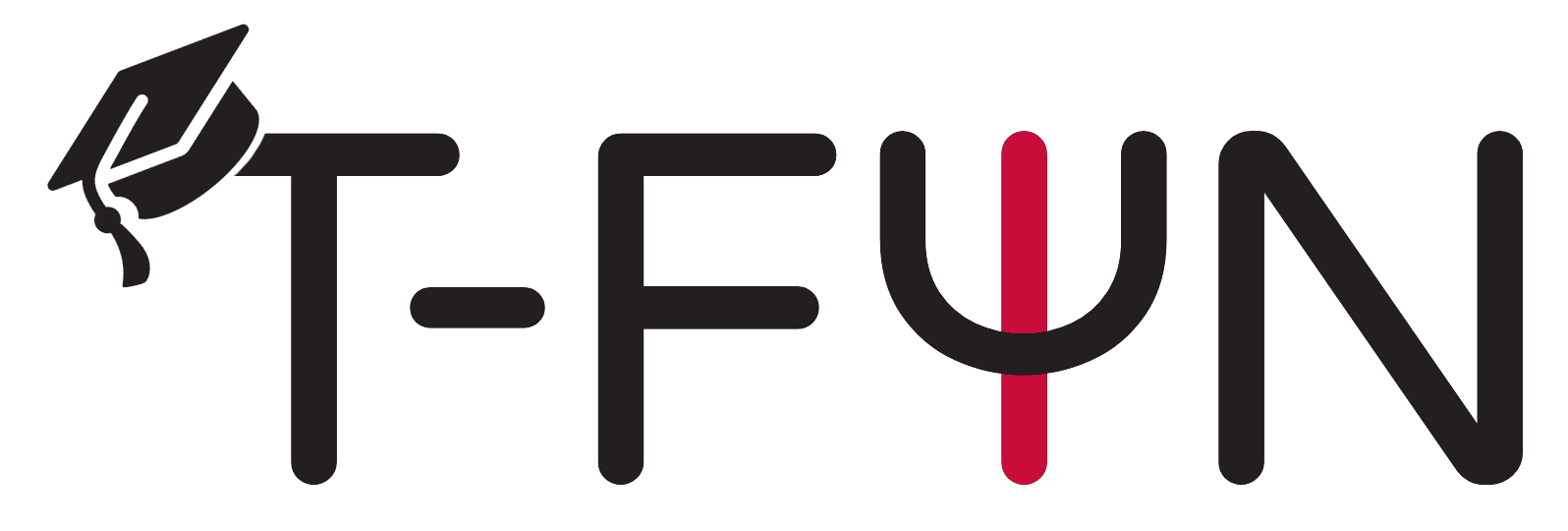There are numerous other networks, sites, books, articles, and blogs, which you may find useful in developing your teaching-focused career. Here are some as we find them! Please feel free to contact us to share your resources too.
Networking resources from our collaboration cafes at the T-FUN festival 2025
Check out these Padlets if you are interested in finding teaching focused colleagues from the T-FUN network who are open to future discussions about working and talking together!
Teaching and Scholarship
Useful links for educators:
- National Teaching Repository – A repository of fantastic SoTL resources.
- Teaching and Scholarship Network – Connecting colleagues in learning and teaching focused roles across the UK Higher Education sector.
- Spotlight on Scholarship – This website has links and details of other scholarship networks that you may find useful.
- Profs in Prep – A blog by Julie Hulme Reflecting on higher education through a psychological lens. Access via Facebook.
- Journal of University Learning and Teaching Practice – A practitioner focused open-access international journal.
- JiscMail for the British Psychological Society Division of Academics, Researchers, and Teachers – Sign up to share and receive teaching-focused research, queries, resources, etc.
- The University of York Scholarship of Learning and Teaching Methods Resource – A platform at the University of York designed to help Teaching and Scholarship staff to conduct research.
- The Valuing Voices Tool – supports you to design and deliver equitable and responsible research projects. This is a practical approach to achieving meaningful, impactful and fundable research. It has five principles, four questions, in one tool.
Useful publications and articles for educators:
- Shedding light on the scholarship of teaching: WonkHE article by Matt Offord
- Critical Practice in HE series by Marita Grimwood and Steve McHanwell: Evidencing Teaching Achievements in Higher Education explains and critically evaluates sources and forms of evidence that can be used to create a narrative of impactful teaching.
- Bull, S., Cooper, A., Laidlaw, A., Milne, L., & Parr, S. (2024). ‘You certainly don’t get promoted for just teaching’: Experiences of education-focused academics in research-intensive universities. Studies in Higher Education, 50(2), 1–17.
- Great article by one of our members, Maddie, about the need for conceptual clarity in pedagogic research – Pownall, M., Birtill, P., & Harris, R. (2025). Towards conceptual clarity in pedagogical research: the case of the ‘imposter phenomenon’ jingle/jangle fallacy. Higher Education Research & Development, 1–8. https://doi.org/10.1080/07294360.2025.2470821
Other resources:
Preparing for promotion: Varna Rossi Associate Professor, Ravensbourne University London discusses evidencing impact for promotions and fellowships such as NTF, through these broad questions. How can academics move beyond traditional metrics to better articulate their real impact? Any ‘tricks’ about gathering and presenting evidence of impact when applying for fellowships or promotions? What models can academics use to map, evidence, and communicate their impact effectively?
Mentoring for education focused academics!
A peer mentorship scheme (either as a mentor, mentee or both) specifically for education-focused academics was launched on the 8th July 2025 at the Education-Focused Mentoring Scheme (ESLTIS) online. The proposed scheme would be UK wide, and would be run through the ESLTIS network. If you are interested in taking part, please sign up for the free conference using the above link. If you can’t make it, but would still like to participate, then please get in touch with me at jt52@st-andrews.ac.uk.
Teaching students about AI
This article explores how playful learning and gamification can help educators tackle challenges in digital education by encouraging experimentation and creativity with generative AI.
Anti-Racist Pedagogy
- Diversifying and Decolonising the Department of Psychology by colleagues at Manchester Metropolitan Psychology Department.
- Creating an inclusive approach to teaching and learning during Ramadan: A brief evidence-based guide for educators in the UK created by Taylor et al. (2025).
- This Anti Racism Inclusive Toolkit for Psychology Departments has been co-created with staff and students created by Louise Bunce and colleagues (2019).
Neurodiversity and Disability
Neurodiversity Toolkit (University of Warwick)
This interactive toolkit has been co-created with staff and students. It included resources and exemplars collected from the staff community and supported by testimonies from neurodivergent students. It is hoped that this will reduce the disparity of students’ experiences in the future.
Collaborating with Disabled Students and Staff Toolkit (University of York)
This toolkit was created in collaboration with student partners with lived experiences of disability, and combines a literature review with qualitative and quantitative research to produce guidelines for inclusion. The first half of this guide focuses on terminology and research, while the second half introduces specific reccomendations.
Working with Alumni and student partners
The Graduate Voices Project (University of York)
This Toolkit from the University of York outlines how to work with alumni to generate video based resources. It is a useful guide for working with student partners and covers all aspects of this project from inception to the final video resources. The playlist is below, feel free to share with students if you think they would help.
